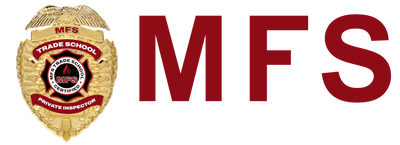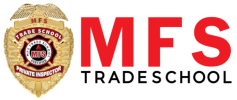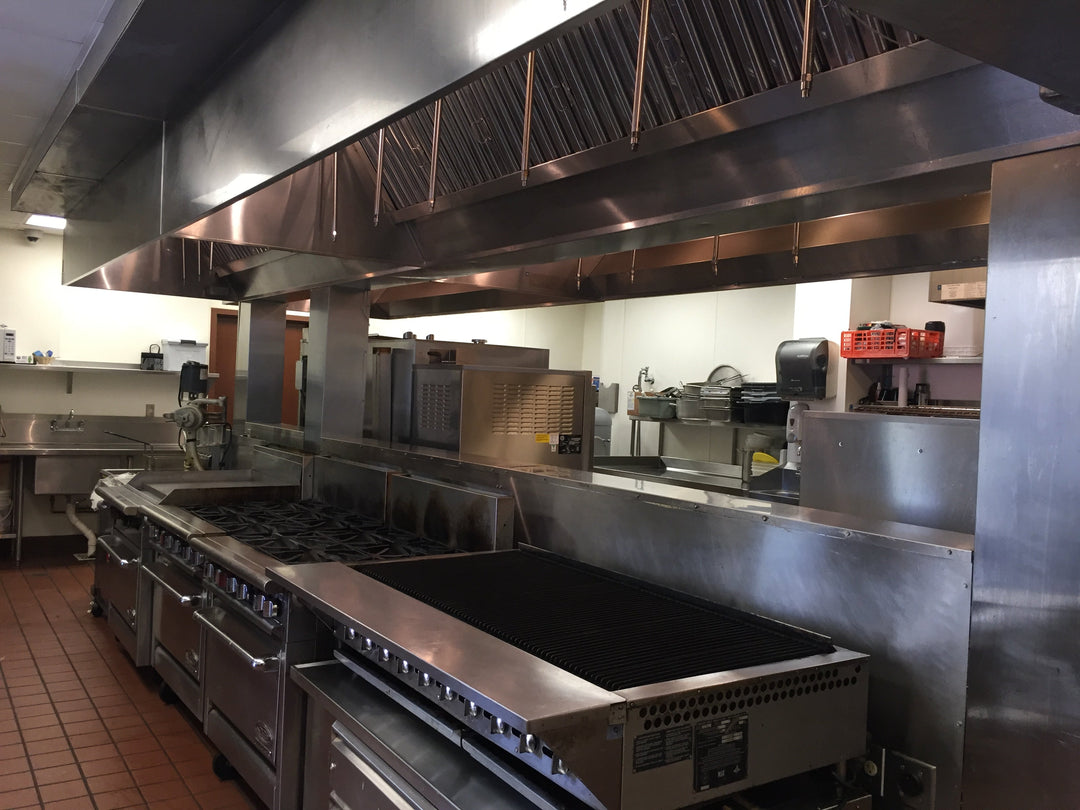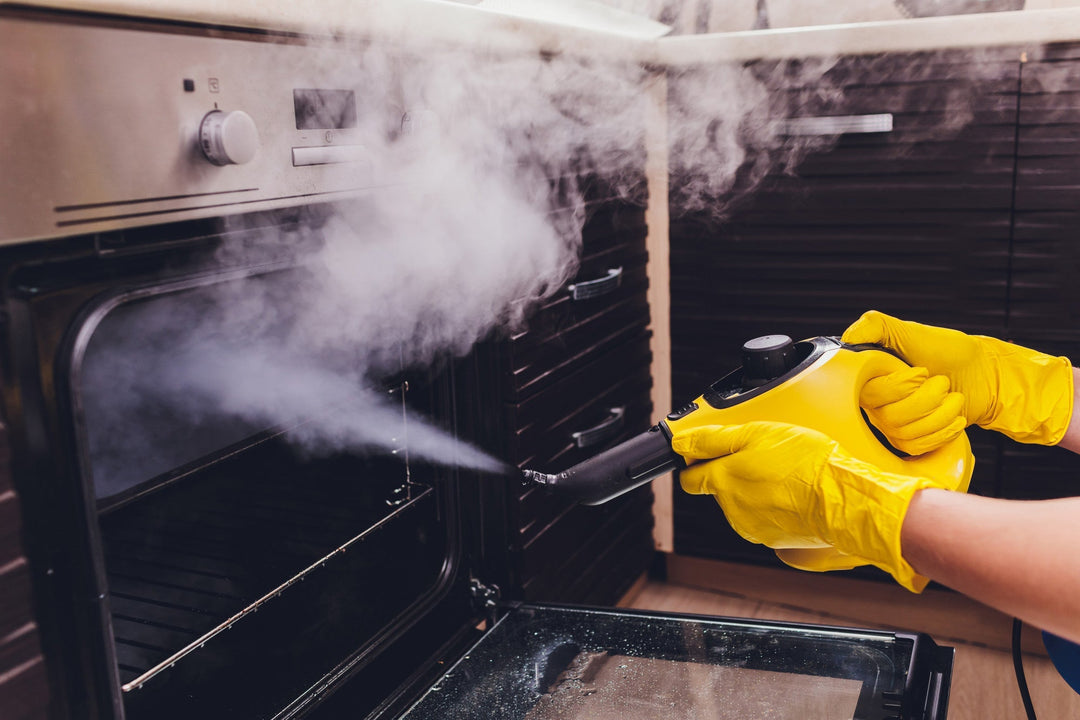Why Regular Hood Cleaning is Key for Fire Safety
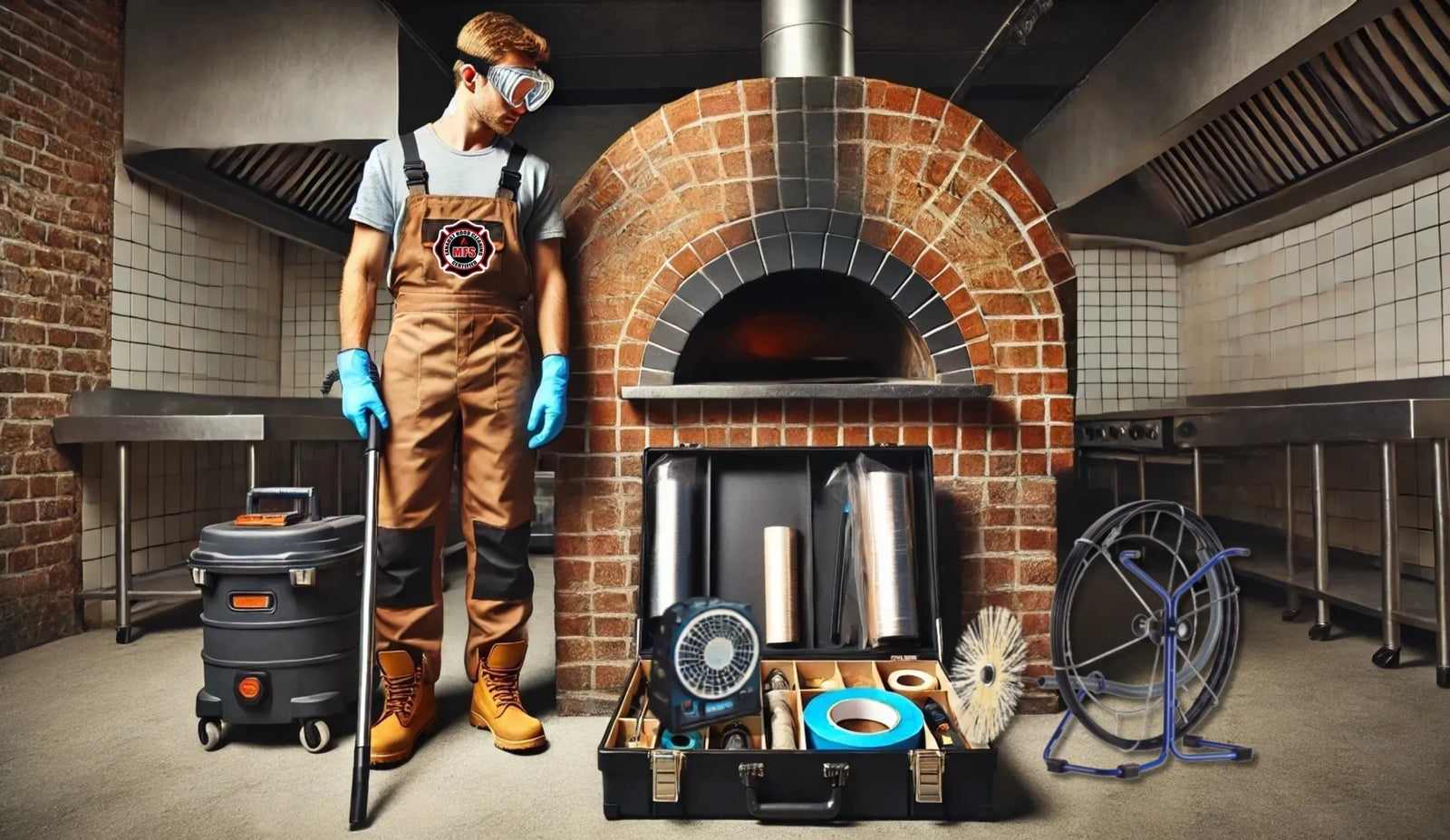
Commercial kitchens are bustling hubs of culinary activity, where delicious dishes are prepared to satisfy appetites. However, amidst the sizzling pans and aromatic spices lurks a hidden danger that can devastate a business: grease fires.
Regular commercial hood cleaning is a critical maintenance task that plays a vital role in preventing these devastating fires. By removing the flammable grease buildup that accumulates in exhaust systems, restaurant owners and managers can significantly reduce the risk of a catastrophic fire.
In this article, we'll explore the importance of commercial hood cleaning, the fire safety regulations that mandate it, and the benefits of partnering with a professional cleaning service—like we offer at MFS Trade School—to keep your kitchen safe and compliant.
What is Hood Cleaning?
Hood cleaning involves thoroughly cleaning and maintaining commercial kitchen exhaust systems. This comprehensive process includes cleaning the exhaust hoods, ducts, fans, filters, and the plenum—the open space that leads into the exhaust ductwork.
During cooking, grease, smoke, and other particulates are drawn into the exhaust system. Over time, these substances accumulate on the surfaces of the hood, ducts, and fans, creating a highly flammable environment. Regular cleaning removes this dangerous grease buildup, reducing the risk of fire and ensuring proper ventilation. For those interested in learning more, hands-on training for kitchen exhaust hood cleaning is available to master these essential skills.
A complete hood cleaning service will:
-
Degrease the hood: The underside of the hood is scrubbed to remove all visible grease and grime.
-
Clean the filters: Hood filters are removed, cleaned, and either replaced or reinstalled.
-
Clear the plenum: The area behind the filters is cleaned to remove any accumulated grease.
-
Scrape the ducts: The interior of the exhaust ducts is scraped to remove stubborn grease deposits.
-
Sanitize the fans: Exhaust fans are cleaned and sanitized to ensure optimal performance.
By addressing each component of the exhaust system, regular hood cleaning maintains a safe and efficient kitchen environment. It not only prevents grease fires but also improves air quality, reduces odors, and prolongs the life of the equipment.

Compliance with Fire Safety Regulations
Maintaining compliance with fire safety standards is an essential responsibility for commercial kitchens. The fire safety standards by the NFPA provide guidelines for the upkeep of kitchen exhaust systems to prevent fire hazards. It details specific requirements for the frequency and thoroughness of inspections and cleanings, tailored to the kitchen's operational volume and type of cooking performed.
Grasping the nuances of NFPA 96 is vital for ensuring safety and regulatory adherence. For more details, explore our frequently asked questions about NFPA Code 96. High-volume establishments, such as those running 24-hour operations or using equipment like charbroilers, must schedule quarterly inspections and cleanings. Kitchens with moderate cooking activity generally follow a semi-annual schedule, while low-volume venues, such as churches or seasonal businesses, might only need annual evaluations. This customized approach ensures each kitchen setup remains secure and functional.
Ignoring these regulations can lead to significant repercussions. Health departments and fire marshals possess the authority to issue penalties, enforce fines, or even close businesses that fail to comply. Beyond legal obligations, regular hood cleaning is a proactive measure to minimize fire risks—protecting both assets and personnel. Regular upkeep, therefore, is crucial not only for meeting legal standards but also for ensuring the safety of everyone involved.
Benefits of Professional Hood Cleaning Services
Hiring professional hood cleaning services provides numerous benefits that extend beyond basic upkeep. Skilled technicians utilize advanced equipment and techniques to deliver a thorough cleaning of the entire exhaust system. Their ability to access and meticulously clean challenging areas ensures that all components, from the hood and filters to the ducts and fans, are free of grease and debris.
Professional cleaning services also play a crucial role in maintaining regulatory compliance. Their work aligns with the rigorous standards of fire safety codes, ensuring that kitchens meet the necessary legal requirements. For those looking to gain expertise in this field, consider our online course on kitchen exhaust hood cleaning.
Additionally, by optimizing the efficiency of the exhaust system, these services help reduce operational costs and prolong the lifespan of kitchen equipment, translating into long-term savings for the business.
Beyond cleaning, professional services are adept at identifying potential issues that could escalate if left unaddressed. Technicians are trained to detect early warning signs of malfunction, such as blockages or wear and tear, which could impact performance or safety. By addressing these concerns proactively, businesses can avoid costly repairs and maintain a safe and smoothly operating kitchen environment.
Risks of Neglecting Hood Maintenance
Overlooking routine hood maintenance introduces significant threats to both safety and operational efficiency. Within exhaust systems, grease deposits intensify fire risks. To address these challenges effectively, hands-on coaching for kitchen exhaust hood cleaning can provide practical training and insights.
Such hazards not only jeopardize the physical integrity of a kitchen but also threaten the well-being of employees and patrons. For additional guidance, explore fire safety tips and resources from the American Red Cross.
Increased Fire Hazards
-
Grease deposits: As cooking continues, grease builds up, creating a combustible environment. The high temperatures typical of kitchen operations can easily trigger a fire, emphasizing the need for meticulous exhaust system upkeep.
-
Rapid fire progression: Once a fire starts, flames can spread swiftly through the interconnected exhaust ducts. This rapid advancement can escalate into a full-scale kitchen blaze, causing extensive damage and placing lives at risk.
Potential Health Code Violations
Neglecting the maintenance of exhaust systems can have dire consequences during health inspections. Inspectors often view unclean hoods and ducts as signs of inadequate sanitation protocols. Such oversights can lead to failed inspections, resulting in temporary closure and damaging a business's reputation. Adequate system maintenance is essential not just for regulatory compliance but also for maintaining customer trust and confidence.
Reduced Equipment Lifespan
Accumulated grease forces exhaust fans to work under increased pressure, accelerating wear and tear. This strain not only diminishes the efficiency of ventilation systems but also shortens the lifespan of costly kitchen equipment. Overburdened systems can overheat, potentially causing irreparable harm. Regular maintenance helps protect investments, ensuring that equipment remains in optimal condition and avoiding the financial impact of frequent repairs or replacements.
Implementing a Hood Cleaning Schedule
Establish a hood cleaning schedule that aligns with your kitchen's unique needs and adheres to local guidelines. Begin by evaluating the intensity of your kitchen's operations and refer to NFPA Code 96 requirements for kitchen exhaust systems to pinpoint the right cleaning intervals. This customized strategy is vital for ensuring that your exhaust system functions smoothly and safely, reducing the risk of grease fires.
Securing appointments with professional cleaning services ahead of time helps maintain uninterrupted kitchen operations. This forward-thinking approach not only keeps your kitchen compliant with safety mandates but also reduces the stress of last-minute maintenance surprises. Consistent scheduling supports a streamlined kitchen environment, allowing your team to focus on culinary excellence without unexpected interruptions.
Thoroughly documenting all maintenance activities serves as a crucial resource during inspections. Keeping a detailed log of cleanings and inspections demonstrates your commitment to upholding health and safety standards. This record-keeping also aids in anticipating future maintenance needs and optimizing the overall performance of your kitchen. Moreover, empowering your staff with knowledge on routine cleaning tasks, such as filter changes, can significantly mitigate grease buildup between professional visits. This proactive habit ensures that your exhaust system remains efficient and compliant, fostering a safer kitchen environment.
At MFS Trade School, we understand the critical importance of regular commercial hood cleaning for fire prevention and the long-term success of your business. Our comprehensive training programs and certifications equip you with the knowledge and skills needed to maintain a safe, compliant, and efficient kitchen environment. Request more information about training programs and certifications today, and let us help you take the first step towards protecting your kitchen from the risks of grease fires.
